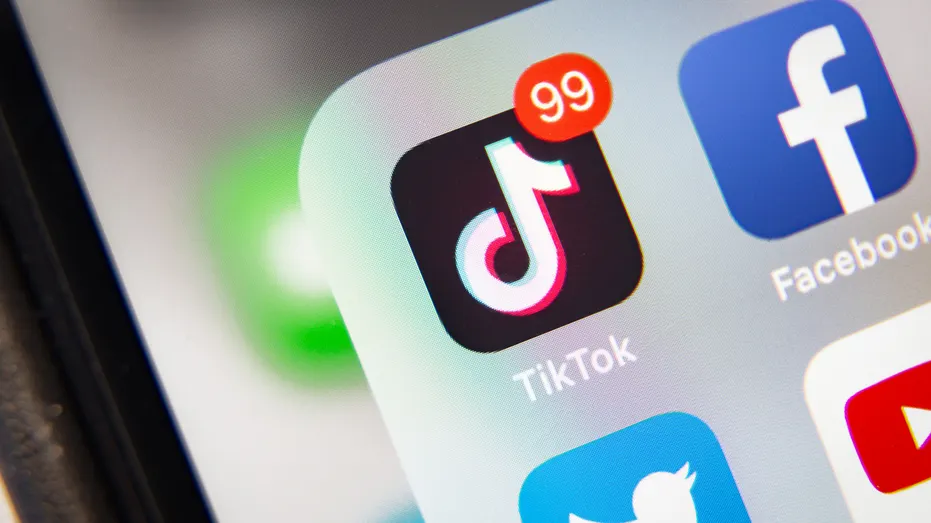The House of Representatives has passed a bill that has raised concerns among conservatives regarding the future of popular social media platform TikTok. The measure, which passed with a resounding 352-65 vote, could potentially lead to a ban of the app in U.S. app stores. Surprisingly, both Democrats and Republicans supported the bill, demonstrating a rare instance of bipartisan unity in today’s heavily divided political climate.
The legislation, introduced by House China select committee Chair Mike Gallagher, a Republican from Wisconsin, and ranking member Rep. Raja Krishnamoorthi, a Democrat from Illinois, aims to address national security concerns surrounding TikTok. The bill stipulates that if TikTok’s parent company, Bytedance, does not divest from the app within 165 days of the bill’s passage, it will be blocked in the U.S. Furthermore, the app would need to be acquired by a country that is not considered a U.S. adversary.
Critics of TikTok have long voiced their worries about the app’s potential threat to national security. They argue that the Chinese government could exploit Bytedance’s control over the platform to access sensitive user data, even in the United States. However, TikTok has consistently denied these allegations. Additionally, opponents of the bill have raised concerns about potential infringements on First Amendment rights and the negative impact a ban could have on small businesses that rely on the platform for promotion and advertising.
One point of contention among conservatives is that the bill specifically targets TikTok and Bytedance, rather than applying more broadly to any company linked to a hostile foreign power. Some have argued that singling out TikTok raises questions about the motivations behind the legislation.
Furthermore, opponents of the bill, including young people and activists, have flooded Congress with phone calls and messages urging lawmakers not to restrict TikTok. Rep. Chip Roy, a Republican from Texas and one of the bill’s co-sponsors, revealed that lawmakers’ offices have received numerous distressing calls, with some individuals even threatening suicide. This level of emotional response highlights the significant impact TikTok has on its users and the potential backlash that could arise from a ban.
Supporters of the bill, including former Speaker Nancy Pelosi, have emphasized that the legislation is not intended to ban TikTok entirely but rather to address concerns about its ties to China. Pelosi stated that the goal is to find alternatives to TikTok that do not involve a company controlled by the Chinese government.
Despite the bipartisan support in the House, it remains uncertain whether the Senate will take up the legislation. The bill’s fate moving forward is yet to be determined.
In conclusion, the passage of the bill in the House of Representatives has sparked both support and criticism among conservatives. While concerns about national security and the influence of the Chinese government on TikTok are significant, opponents worry about potential infringements on free speech and the negative impact on small businesses. The legislation’s future remains uncertain, leaving many to wonder what lies ahead for the popular social media platform.




